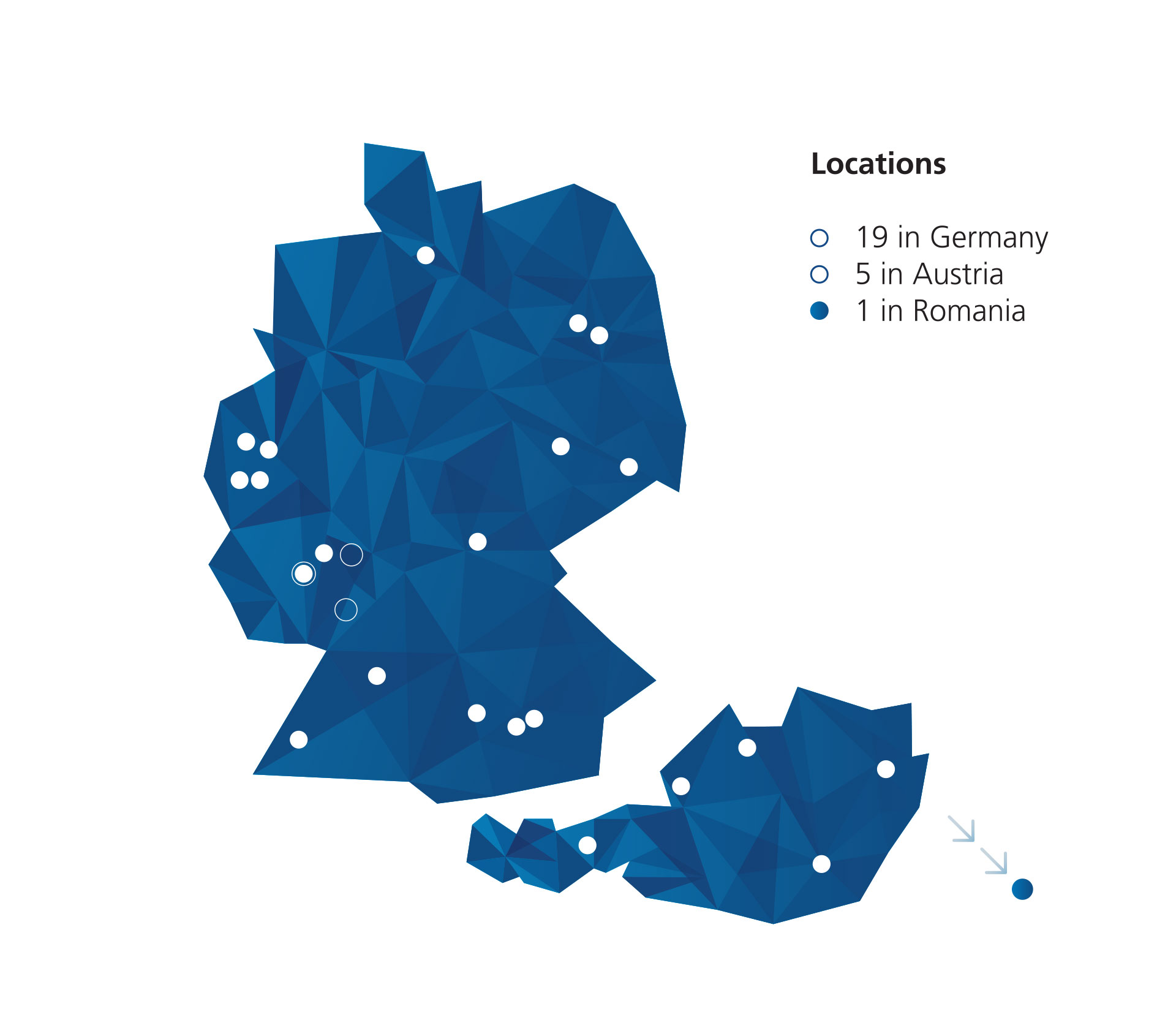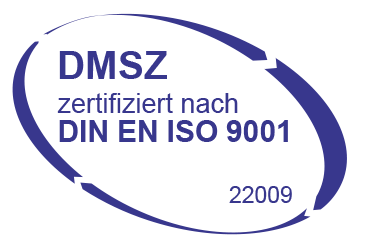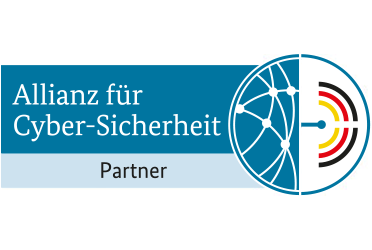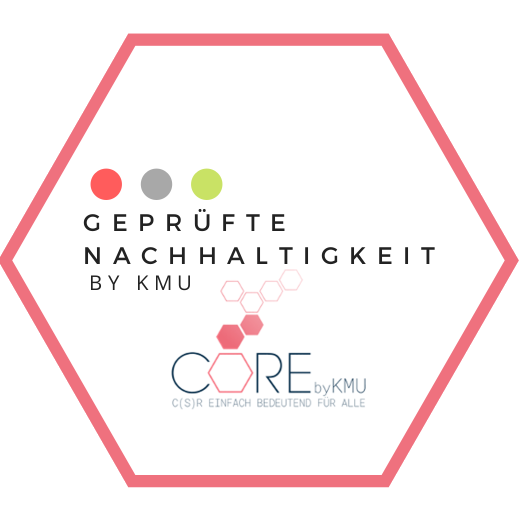CRM
CRM systems for your successful customer relationships
Whether in sales, marketing, or service and support, professional and needs-based customer relationship management (CRM) is the foundation for your successful customer relationships - and thus for profitable business.
The importance of CRM systems in companies
Customer Relationship Management (CRM) is a business strategy that companies develop to maintain, improve and optimize customer relationships. CRM systems are the enablers behind such CRM strategies. Behind CRM systems are the technological solutions that help companies to implement this CRM strategy effectively.

CRM systems at a glance
CRM systems are software solutions developed to manage, analyze and improve a company's communication, interactions and relationships with its customers. They act as central databases in which information about customers, interactions, sales opportunities and marketing activities is stored. These systems enable companies to better understand their customers and take targeted measures to acquire and retain customers and increase sales.

CRM benefits at a glance
- Increased efficiency: CRM systems make it possible to manage customer information centrally and access it quickly. This makes work easier for employees and increases efficiency.
- Customer service: Companies can improve customer service by responding more quickly to customer queries and problems and offering personalized solutions.
- Increase sales: Through better customer relationships and targeted marketing activities, companies can increase sales and enhance customer value.
- Data-driven decisions: CRM systems provide valuable insights and data analysis to help companies with strategic planning and decision making.
- Customer loyalty: By understanding customer needs and preferences, companies can build long-term customer loyalty and partnerships.
CRM systems and the underlying CRM strategy are crucial for companies to successfully build and maintain customer relationships. They help to increase customer satisfaction, boost sales and achieve long-term business success.
Our CRM-Portfolio
Our CRM portfolio includes various CRM systems for all types, shapes and sizes of company. In addition to HubSpot CRM, we also offer cobra CRM, CAS genesisWorld and Aircall. To find out more about our various CRM systems, follow the links. You are welcome to arrange a non-binding consultation with our CRM specialists now - the quickest way to get a non-binding consultation is via our contact form.

Request advice now
Fill out the contact form now or speak directly to your CRM expert.
Or contact me directly!
-Tim Teves, Business Consultant |
FAQ
CRM stands for Customer Relationship Management, which translates to Kundenbeziehungsmanagement in German. CRM is a business strategy aimed at optimizing, nurturing, and managing customer relationships to enhance customer satisfaction and achieve long-term business success.
A CRM system is a technological solution or software designed to support the implementation of CRM strategy within a business. These systems are used to collect, store, and manage customer information to facilitate efficient communication and interaction with customers. CRM systems typically offer features for customer management, sales automation, marketing automation, customer analysis, and reporting.
There is a wide range of CRM systems available in the market, differing in features, size, and focus on various industries. In our CRM portfolio, we have HubSpot CRM, cobra CRM, CAS genesisWorld, and Aircall. The choice of a CRM system depends on the specific requirements and goals of your business. Each of these systems offers different features and pricing models aimed at meeting the needs of various companies.
A CRM system can improve sales in your company by providing:
- Centralized customer data and interactions
- Automating and simplifying sales processes
- Efficiently managing sales opportunities and leads
- Assisting sales representatives in task prioritization
- Providing reports and analytics to identify sales trends
Choosing the right CRM system depends on the specific needs and goals of your company. Here are some steps that can help you in the selection process:
- Identify your business requirements and objectives.
- Consider the size of your company and your budget.
- Determine if you need an industry-specific CRM.
- Consider a trial period to evaluate user-friendliness.
As your CRM partner, we can assist you with every step of the process.
Cloud-based CRM systems offer advantages such as:
- Easier access from anywhere with an internet connection
- Scalability and flexibility
- Lower IT infrastructure costs
- Automatic updates and maintenance
- Faster implementation
CRM software is a specialized type of software application used in CRM systems. It includes various tools and modules that assist businesses in managing customer relationships. CRM software allows companies to capture, organize, analyze, and effectively utilize customer information. It can be hosted both in the cloud (cloud-based CRM) and on-premises (on-premises CRM) and is typically customizable to meet the specific requirements of the respective business.






 Request a free consultation now and we will get in touch with you to arrange an appointment.
Request a free consultation now and we will get in touch with you to arrange an appointment.









